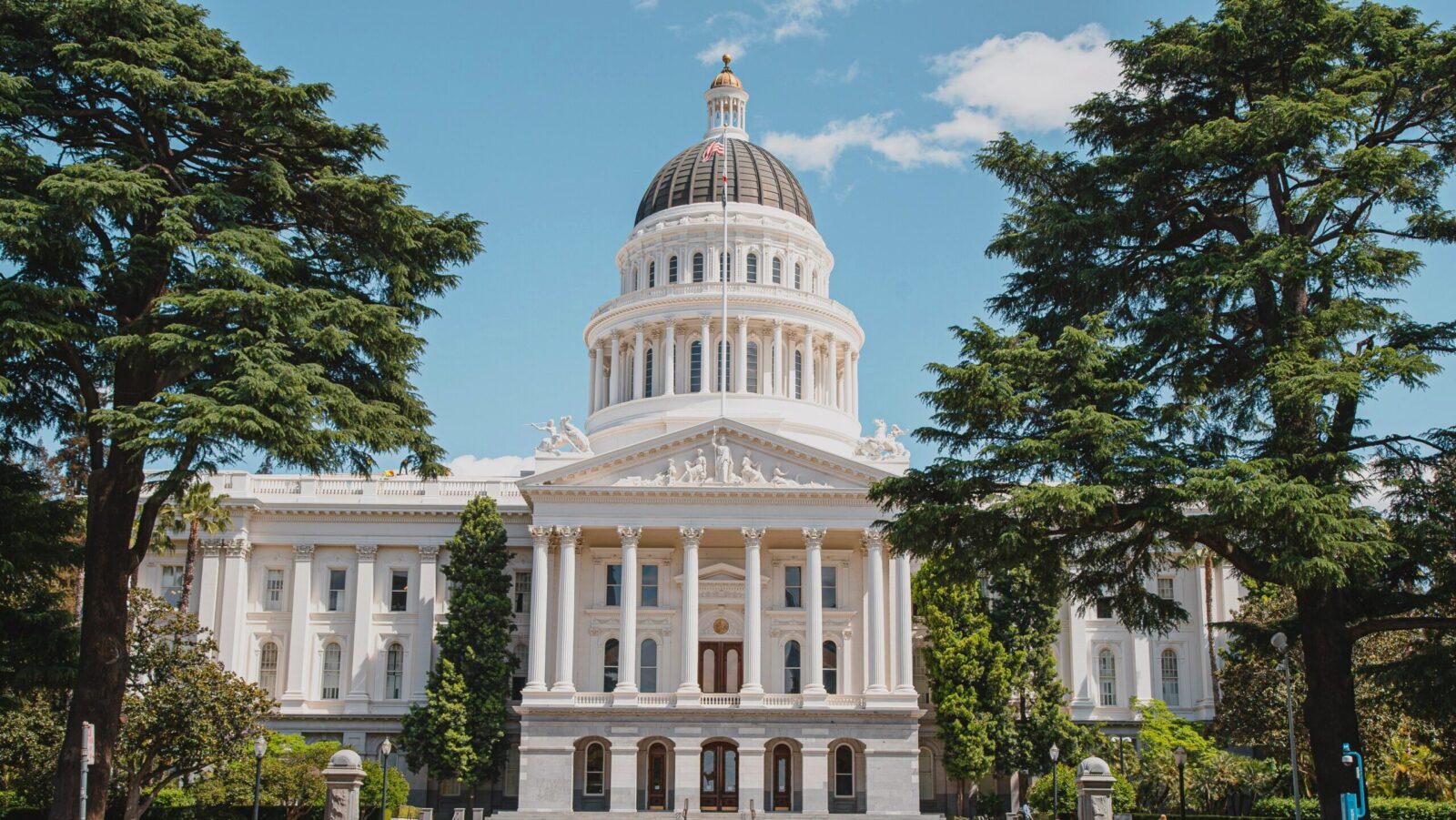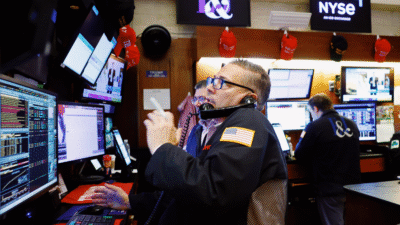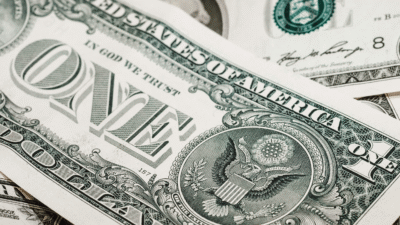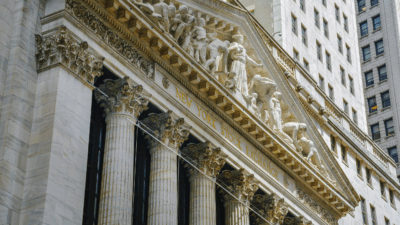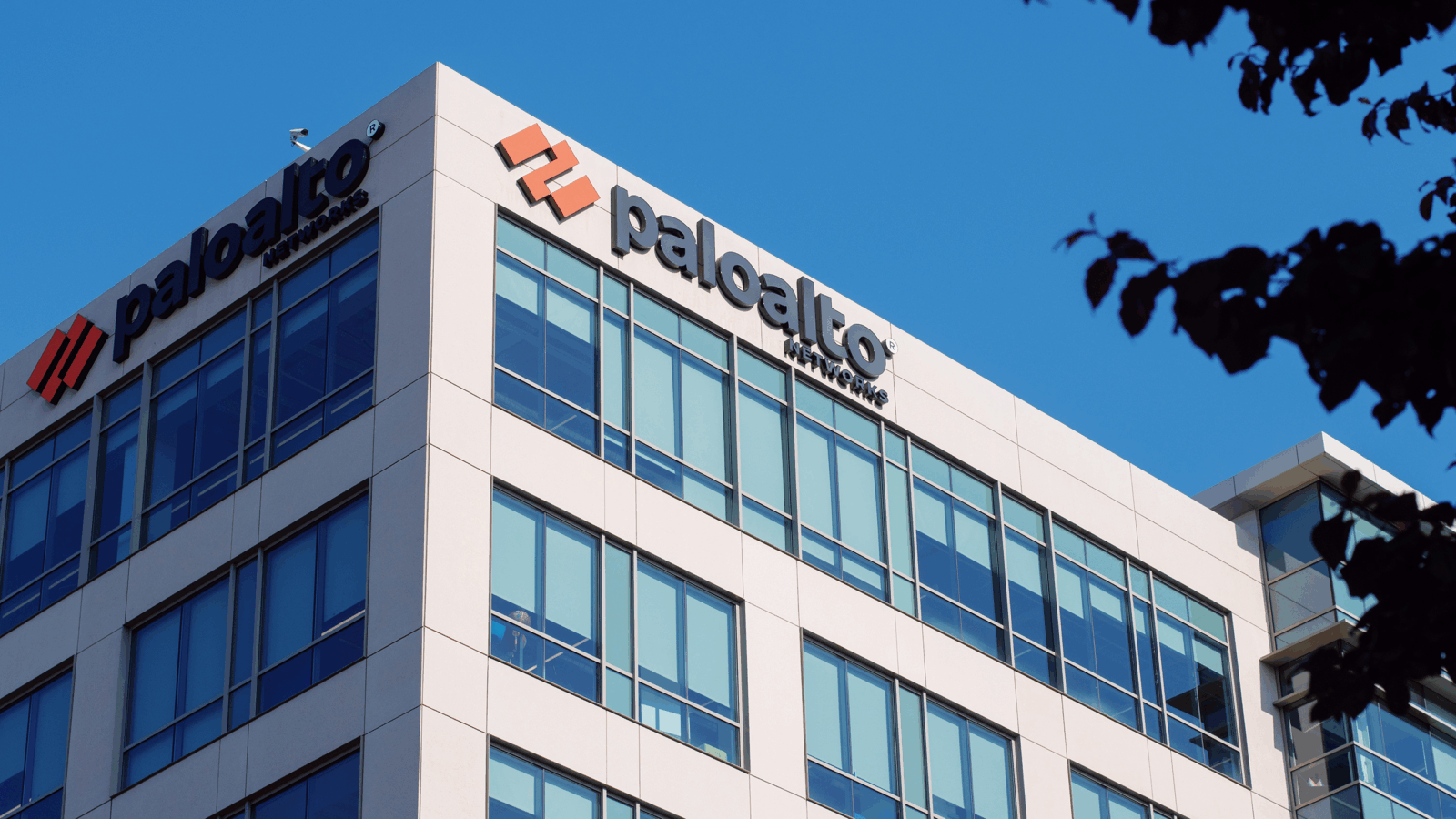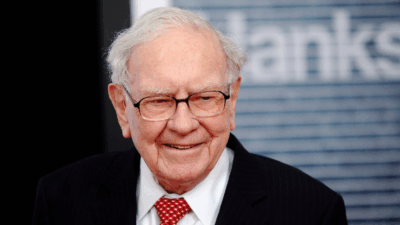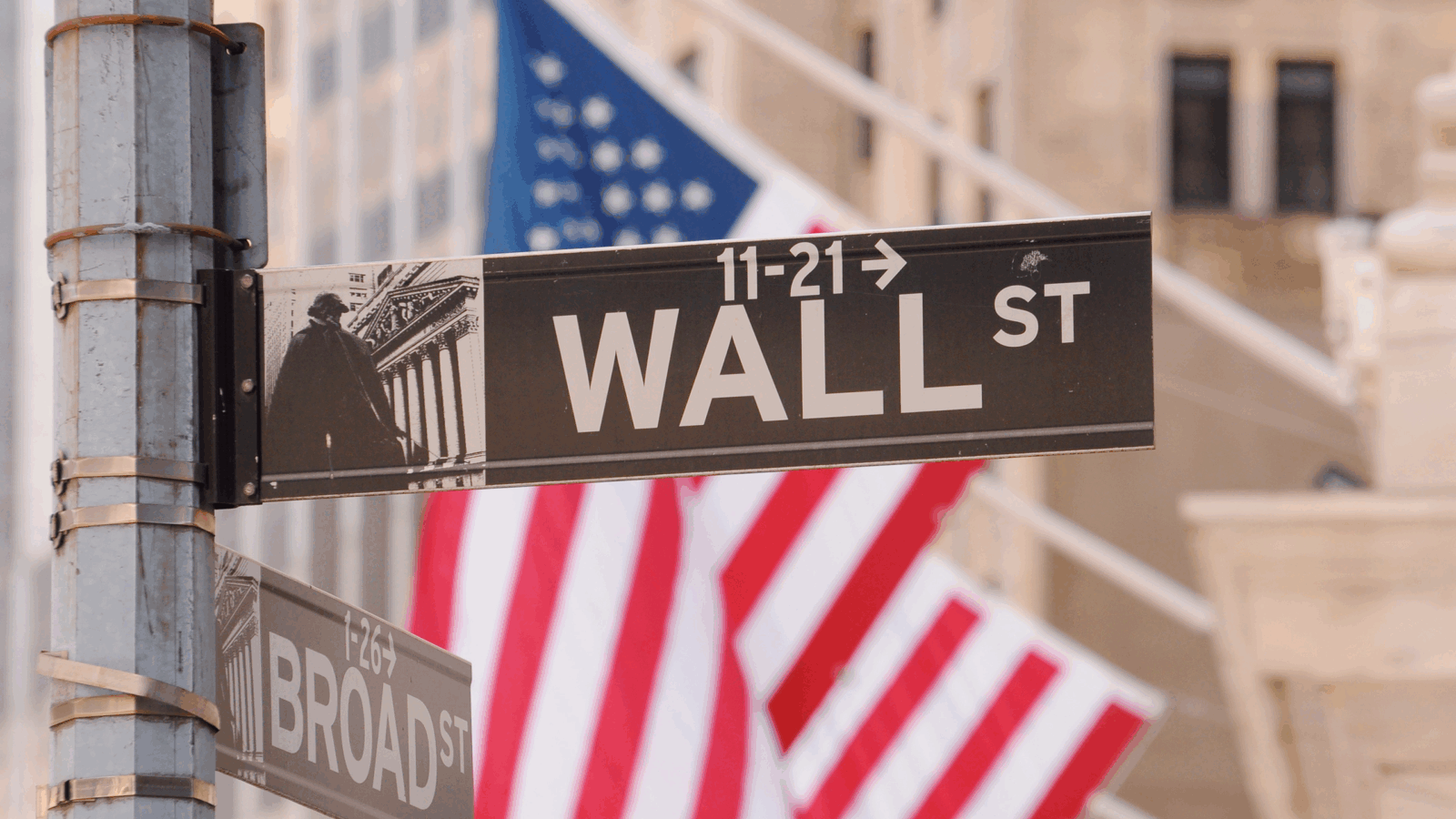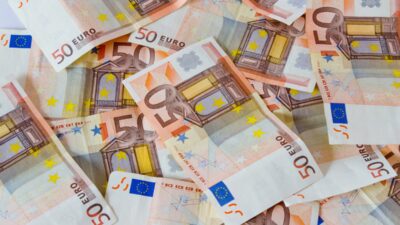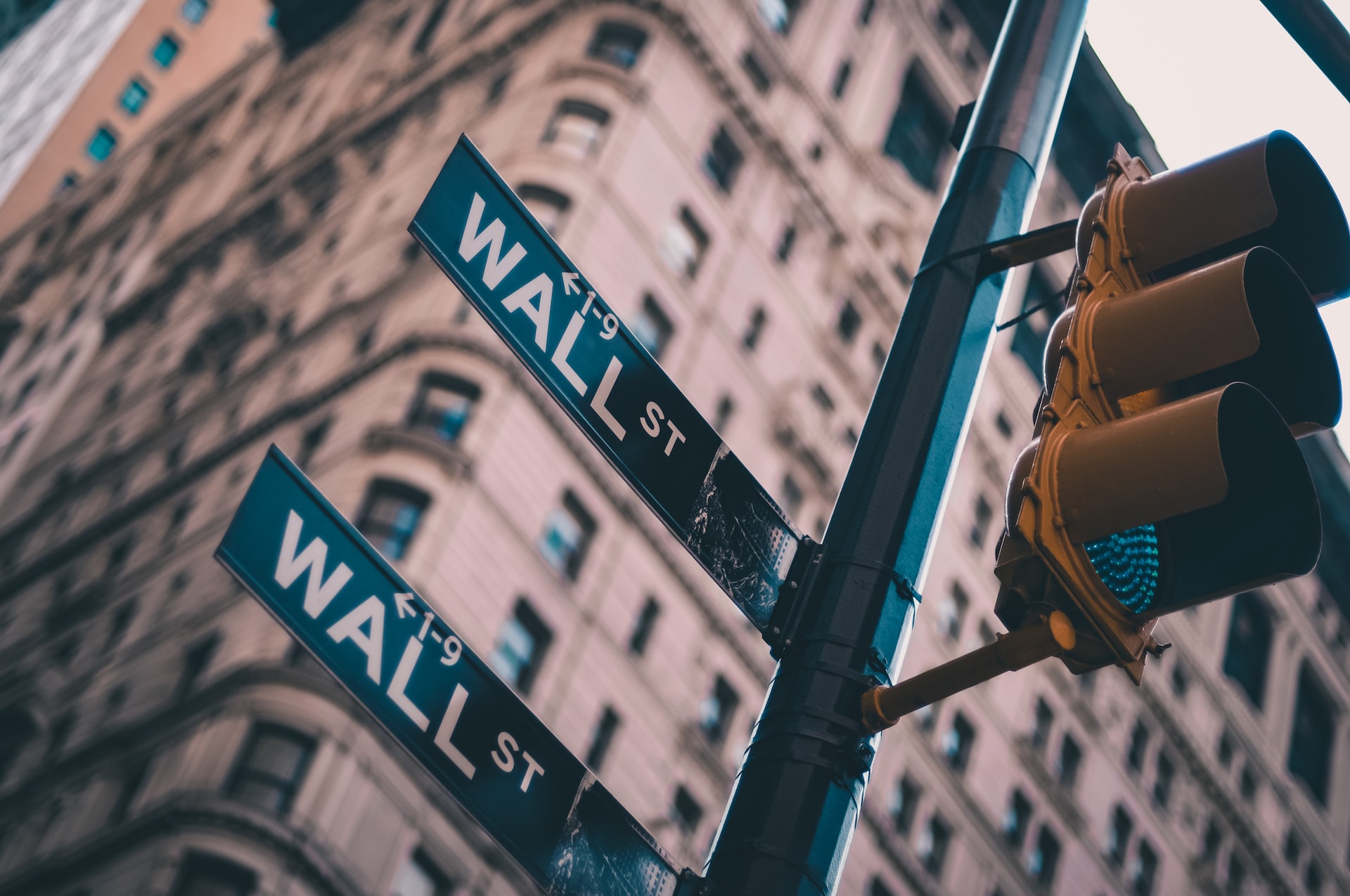
Sign up for smart news, insights, and analysis on the biggest financial stories of the day.
Initial public offerings were all the rage during the pandemic, but as with baking bread and obsessive Zillow browsing, they have since fallen by the wayside.
In fact, some companies miss their former selves so much they want to go private again, often at a lower valuation than their recent IPOs, according to a report from The Wall Street Journal. They might be onto something as investors once hungry for growth stocks are now fearful that rising interest rates and persistent inflation have the market in a bear trap. That makes 2023 all about bonds.
Respect Our Privacy
During the height of the pandemic, IPOs boomed as hundreds of companies looked to capitalize on cheap money and a quarantine-fueled surge in market trading. According to Ernst & Young, global IPOs raised nearly $460 billion in proceeds in 2021, but just under $180 billion in 2022 – a 60% drop. Now companies like grill maker Weber are turning the ship around and selling to private equity firms at a loss compared to their IPO valuations.
Weber and its fellow go-privateers are bowing to the reality of a contracting stock market, stubborn inflation, and a Federal Reserve pushing rates higher and higher, all of which has them reassessing their attitude about growth and risk. Year-to-date, $19 billion has been poured into funds that buy high-quality corporate debt, according to the Financial Times, vehicles that offer investors a low-risk hedge against more rate hikes and general widespread uncertainty:
- Not every company that went from private to public and back to private is doing it at a loss. KnowBe4, a cybersecurity business, agreed to sell to Vista Equity with a valuation of $4.5 billion, a roughly 15% increase compared to its market debut.
- Average US investment grade yields hit a peak of 6.42% in November — their highest level since the Great Recession. They’ve since dipped back down to 5.69%, but investors remain enthusiastic.
US Bonds: Speaking of being thirsty for bonds, US Treasury bills are also suddenly seeing alluring, i.e. safe, returns of 5%…for now. We distinctly remember the US hitting its $31.4 trillion debt ceiling last month, and if Congress fails to approve raising the debt limit, Washington could run out of money by the summer and have to default on its debts. That means all those investors who purchased one-year and six-month treasury bills might be more SOL than if they backed a pandemic IPO.
